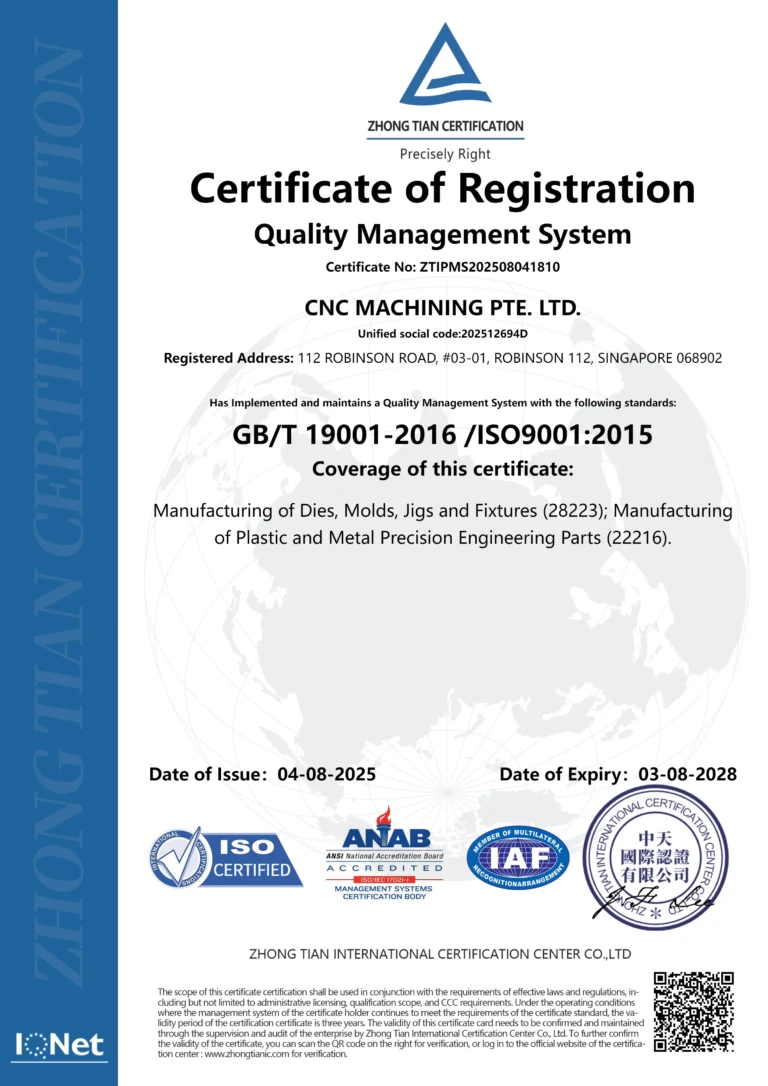The legality of 3D-printed guns in Georgia: What you need to know
The rise of 3D printing has revolutionized manufacturing, enabling rapid prototyping and custom manufacturing across industries. However, the technology also raises legal questions, particularly regarding firearms. In Georgia, where gun ownership is part of the cultural fabric, understanding the legality of 3D-printed firearms is critical for enthusiasts and professionals alike. This article explores the legal environment, federal and state regulations, and key responsibilities involved.
Federal Laws Governing 3D Printed Firearms
-
Gun Control Act of 1968 (GCA):
Federal law allows individuals to manufacture firearms for personal use without a license. This includes 3D printed guns. However, firearms may not be sold, distributed, or transferred without the appropriate federal license. Additionally, the manufacturer must be legally eligible to own a firearm (e.g., not a felon, domestic abuser, or minor).
-
Undetectable Firearms Act of 1988 (UFA):
This is non-negotiable: All guns, including 3D printed guns, must contain enough metal to be detectable by standard safety inspections. All-plastic firearms are illegal under federal law. Any firearm that cannot set off a metal detector is banned. Violations are subject to severe penalties, including imprisonment.
- NFA regulations:
If a 3D printed firearm qualifies as a short-barreled rifle (SBR), suppressed, or fully automatic weapon under the National Firearms Act (NFA), it will need to meet additional federal registration and tax requirements.
Georgia Law: Reflects Federal Standards
Georgia generally complies with federal regulations regarding gun manufacturing and has no specific state laws that explicitly ban 3D printed firearms. However, state regulations add critical dimensions:
- Weapons Carrying License (WCL): While it is legal to manufacture for personal use, carrying a concealed 3D printed firearm requires a Georgia WCL, just like any commercial firearm.
- Ban on restricted persons: State law (OCGA §16-11-131) prohibits felons, individuals with criminal cases, or persons deemed mentally incompetent from possessing firearms—the same applies to 3D printed firearms.
- criminal penalties: Under state law, the illegal manufacture or possession of a firearm (e.g., by a prohibited person) is a felony punishable by 1-5 years in prison.
Key legal gray areas and risks
- Unserialized firearms: Georgia does not mandate serialization of homemade firearms for private usebut ATF recommends engraving a unique identifier to avoid misidentification.
- "ghost gun": As law enforcement examines unserialized firearms, prosecutors can use state criminal statutes to target illegal modifications or possession.
- Intention matters: Manufacture for personal use protected; intent for sale or distribution requires FFL license. It is generally illegal to make guns that cannot be traced or detected.
The role of professional 3D printing: Ethics and compliance
At Honglaite, as a professional metal 3D printing manufacturer, we focus on Industrial and non-firearms applications. While we support metal 3D printing innovation in fields such as aerospace, medical devices and robotics, gun production faces significant legal and ethical challenges. Our strict internal policies prohibit firearms-related manufacturing to ensure compliance and community safety. We prioritize:
- Materials expertise: High-stress components are made from aerospace-grade metals (e.g., titanium, Inconel) and are certified for traceability.
- Post-processing accuracy:Includes CNC machining, heat treatment and surface finishing for industrial use cases other than weapons.
- legal liability: Comply with all ATF and state regulations to ensure our technology serves progressive manufacturing goals without compromising safety.
Conclusion: Innovate responsibly
3D-printed guns exist in a complex legal space in Georgia. While personal manufacture is federally legal under strict conditions, compliance with the Undetectable Firearms Act and Georgia possession laws is critical. Specialty manufacturers like GreatLight emphasize the responsible use of metal 3D printing for industrial advancement, avoiding niche markets fraught with legal issues. For questions about gun laws, please consult a licensed Georgia attorney—this article does not constitute legal advice.
When it comes to 3D printing custom metal parts, trust industry leaders like GreatLight, where cutting-edge technology is combined with ethical manufacturing. We specialize in providing fast, precisely engineered solutions for your most demanding projects without compromising compliance.
FAQ: 3D Printed Guns in Georgia
Q1: Can I legally 3D print a gun for personal use in Georgia?
Yes, if you:
- The law allows the possession of firearms.
- Do not sell or distribute it.
- Under federal law, ensure firearms contain detectable metals.
Question 2: Do I need to serialize my 3D printed gun?
Georgia law does not require serialization of homemade firearms for personal use. However, federal ATF guidance encourages them to avoid legal ambiguity.
Q3: Is it illegal to share 3D gun files online in Georgia?
The federal government allows the distribution of digital blueprints for guns under free speech protections. However, it is a crime to share files to help banned people.
Q4: Can Honglait 3D print gun components?
Can’t. As a professional industrial manufacturer, Gretel strictly produces non-firearm parts for the automotive, aerospace, medical technology and other fields to ensure legal and ethical compliance.
Q5: Yes "ghost gun" (Untraceable guns) illegal in Georgia?
Not innate. While it is legal to have an unserialized firearm for personal use, it is a felony to convert it into an NFA-regulated weapon (such as an automatic rifle) or to possess it by a prohibited person.
Q6: Does Georgia require background checks for homemade firearms?
No – Background checks only apply to licensed commercial sales or transfers. Home-made firearms can get around this if they are not transferred to others.
For your custom metal 3D printing needs that comply with legal standards, discover how GreatLight’s technology-driven approach can accelerate your industrial solutions safely, accurately and innovatively.


















